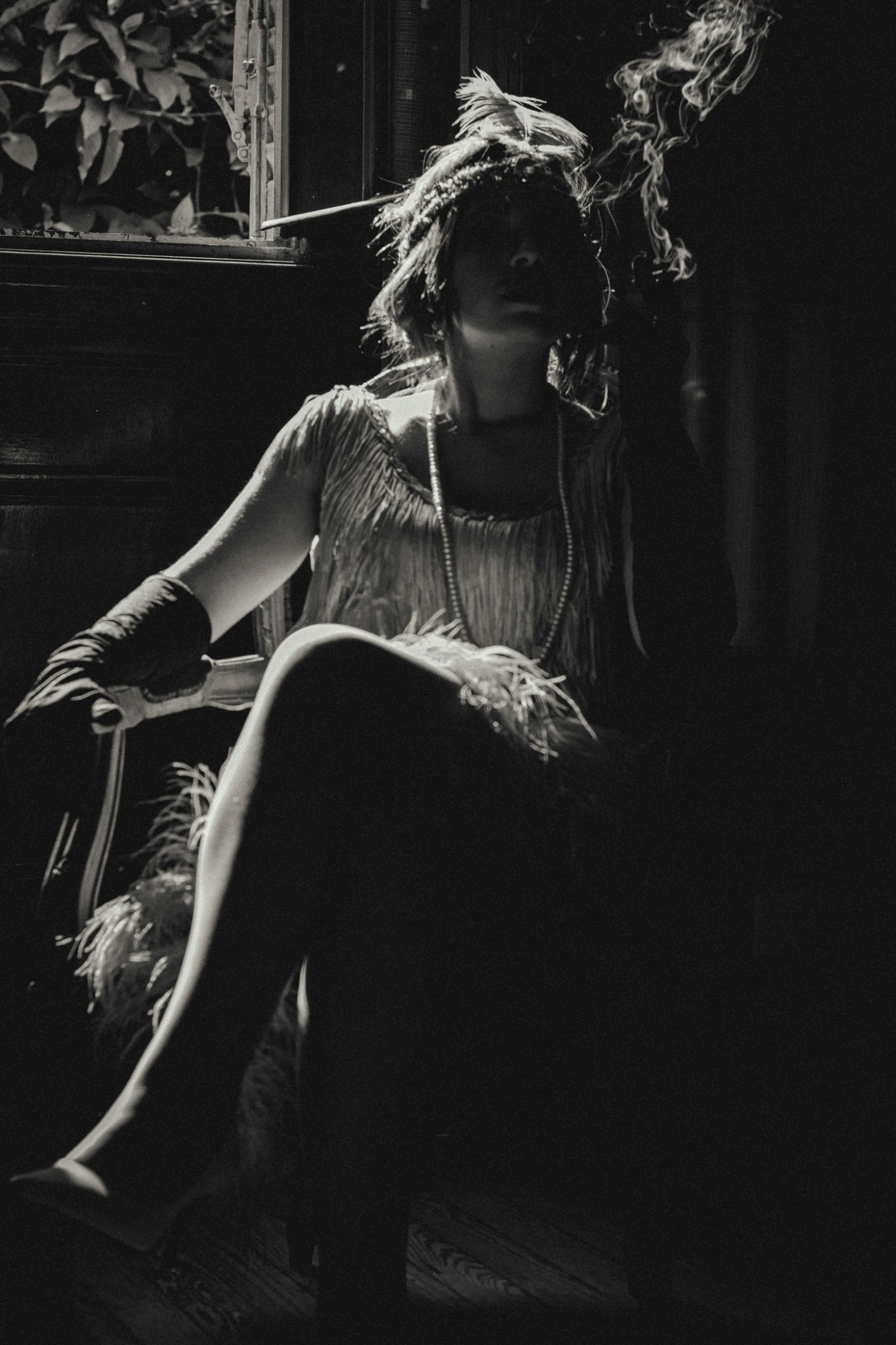Review: The Great Gatsby at the London Coliseum
Scott Fitzgerald’s The Great Gatsby has been one of my favourite books for years, so I jumped at the chance to watch it at the London Coliseum. Directed by Marc Bruni, this musical adaptation did a fantastic job of capturing the emotional turmoil which lies at the heart of the story.
There were audible gasps from the audience at every twist and turn, with a woman sitting on my right nearly jumping out of her seat at each shock. However, considering the air of mystery and intrigue intended to surround the man, the myth, the legend that is Jay Gatsby, they could have introduced him in a more dramatic way initially, either as a silhouette or just facing away from the audience. Instead, by choosing to simply open the curtain, revealing Gatsby talking with Nick during their first encounter, they seemed to cast aside the previously-constructed suspense.
The costumes were eye-catching and created the visuals to match the thrills and extravagance of the parties at Gatsby’s mansion
Jamie Muscato’s portrayal of Jay Gatsby himself was less authoritative than I expected. He was not as polished as Gatsby should feel, at least before his true desire to reunite and rekindle with Daisy is revealed. In the back of my mind was Leonardo DiCaprio’s 2013 interpretation of Gatsby, which does accurately capture the air of Fitzgerald’s Gatsby. However, in the scene where Gatsby prepares to have tea with Daisy, Muscato perfectly encapsulates the nervous and jittery actions of Fitzgerald’s Jay Gatsby, as he mentally grapples with the idea of coming face to face with the woman he has longed to reconnect with for so long. The song ‘For Her’ was the most striking, with Muscato’s powerful voice conveying Gatsby’s agonising passion for Daisy perfectly.
Although the first half of the musical was, naturally, not as engaging as the second, it set up the context well. The costumes were eye-catching and created the visuals to match the thrills and extravagance of the parties at Gatsby’s mansion. This is something I was expecting to fall short of the descriptions in Fitzgerald’s novel, but I was pleasantly surprised.
In fact, if anything, the song [‘Shady’] seems to interfere with the idea that Gatsby’s fall from grace was inevitable.
The second act opened with Wolfsheim (played by John Owen-Jones) singing ‘Shady’, a song describing the danger of dishonest actions, specifically the dodgy business that Jay uses to amass and maintain his fortune. This set the tone for the downhill spiral of the rest of the play, yet it seemed somewhat unnecessary to the progression of the plot. In fact, if anything, the song seems to interfere with the idea that Gatsby’s fall from grace was inevitable. It attributes the downward spiral to Gatsby taking his eye off of the ball once distracted by Daisy, rather than referencing the hierarchical class distinctions that determine Gatsby as an imposter, exemplified by characters such as Tom Buchanan. Tom Buchanan (played by Jon Robyns) wields his class above Gatsby as the one thing which Gatsby will never be able to buy, living up to Daisy’s description of him as a “brute”, with not just his attitude, but also his actions, such as when he physically strikes his mistress.
Nick Carraway, portrayed by Corbin Bleu, had the slightly awkward and reserved manner of the book’s narrator. I was relieved and appreciative to see that this essential part of his character had been left intact. Furthermore, the impact of World War One and how pivotal this was for the characters is wholly accurate to the book.
The play also casts a light on gender roles, with Daisy (played by Frances Mayli McCann) claiming that the best thing which her baby Pammie, and indeed any other girl, can be is a “beautiful little fool”. Jordan Baker (portrayed by Amber Davies) is a bachelor refusing to conform to female stereotypes. She nearly marries Nick, but the tragedy of the play, and their instrumental part in enabling it, breaks up their engagement.
Although the main plot and characterisation of the protagonists seems at times to be overshadowed by the musical aspect of the play, this performance preserves the key themes of Fitzgerald’s novel
The ending of the play, with Gatsby standing in silhouette looking out at the dock as he is first described by Nick’s narration, his arm outstretched to the green light, is a chilling and memorable final image. This follows Gatsby’s funeral, an emotional scene. Despite the masses of people who attend Gatsby’s parties, Nick Carraway is the sole attendee at his funeral. However, the truly heart-breaking reality is that Gatsby would not have cared for such superficial appearances – he would only have wanted Daisy to attend.
Overall, although the main plot and characterisation of the protagonists seems at times to be overshadowed by the musical aspect of the play, this performance preserves the key themes of Fitzgerald’s novel, presenting them in a new and unique manner.

Comments